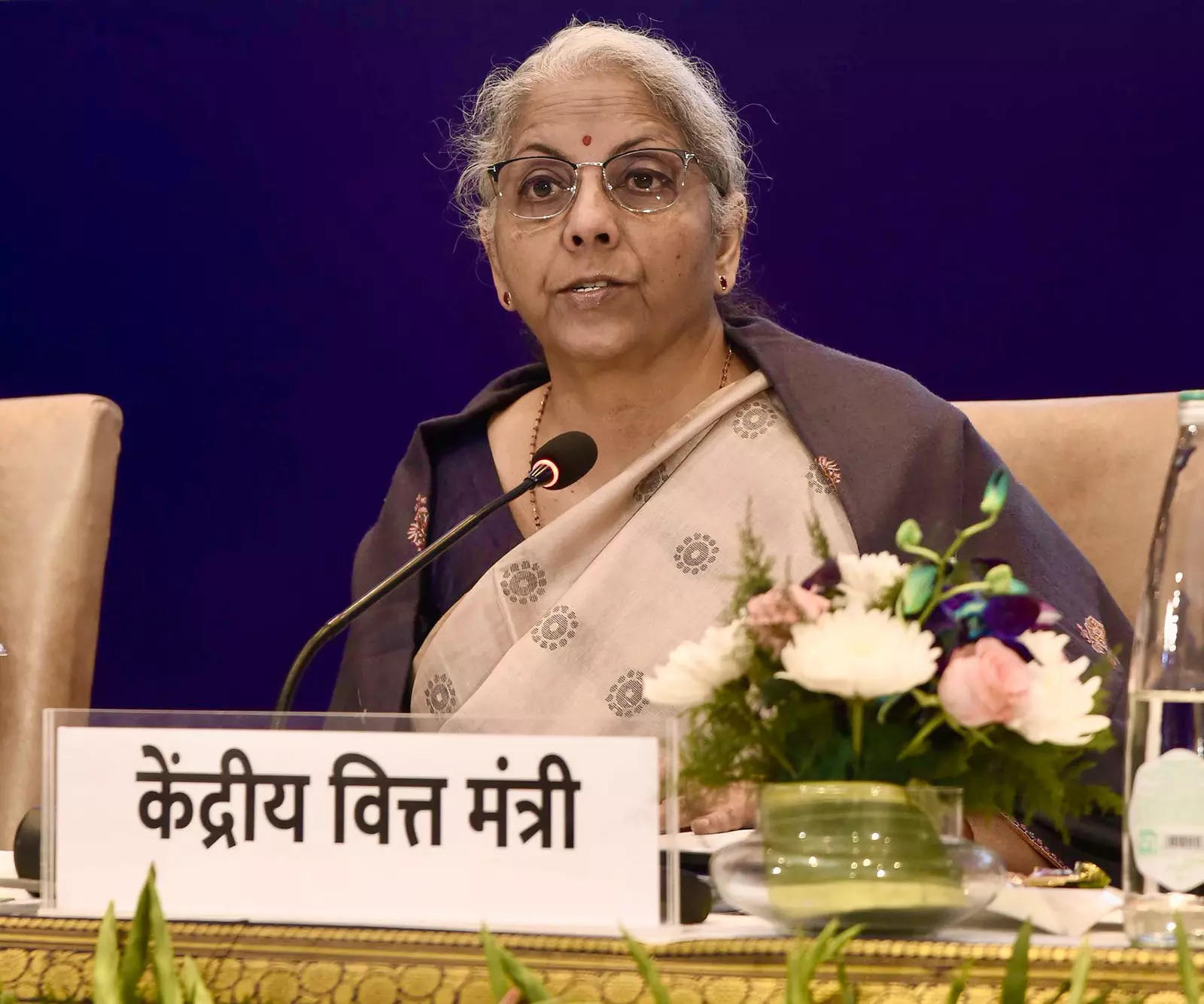
[ad_1]
In her tackle at a convention of enforcement chief of the state and the central GST formations in New Delhi, she advised officers to have interaction with stakeholders to grasp their issues, improve compliance, streamline processes, and work collaboratively in direction of making the tax system extra clear and environment friendly.
“Readability on classification associated points must be seemed into on the earliest via acceptable channels,” the Finance Ministry stated in an announcement quoting Sitaraman.
In the previous few months giant variety of notices had been despatched to places of work the place there’s lack of readability on classification, attracting unfavourable suggestions from the business.
The finance minister requested each states and centre to share the most effective practices, and leverage know-how for higher coordination for stopping tax evasion and pretend invoices.
The convention was geared toward discussing methods to detect tax evasion and the leverage of know-how to determine any fraudulent declare.In response to the finance ministry assertion nationwide crackdown on pretend registrations and bogus billing from Might 2023 alone has resulted in detection of enter tax credit score (ITC) evasion of ₹49,623 crore involving 31,512 bogus corporations. The tax officers underneath GST has detected pretend ITC evasion of ₹.1.14 lakh crore from the yr 2020 until date. “Faux entities and GST evasion not solely erode our nationwide income but in addition distort truthful competitors and gasoline an underground economic system,” Sanjay Kumar Agarwal, chairman Central Board of Oblique Taxes (CBIC) advised the sector formations. He highlighted the significance of robust information analytics and use of know-how and the necessity to keep forward of the perpetrators of GST evasion.
Agarwal reminded the officers to observe the directions issued by CBIC in respect of process to be adopted throughout enforcement motion.








